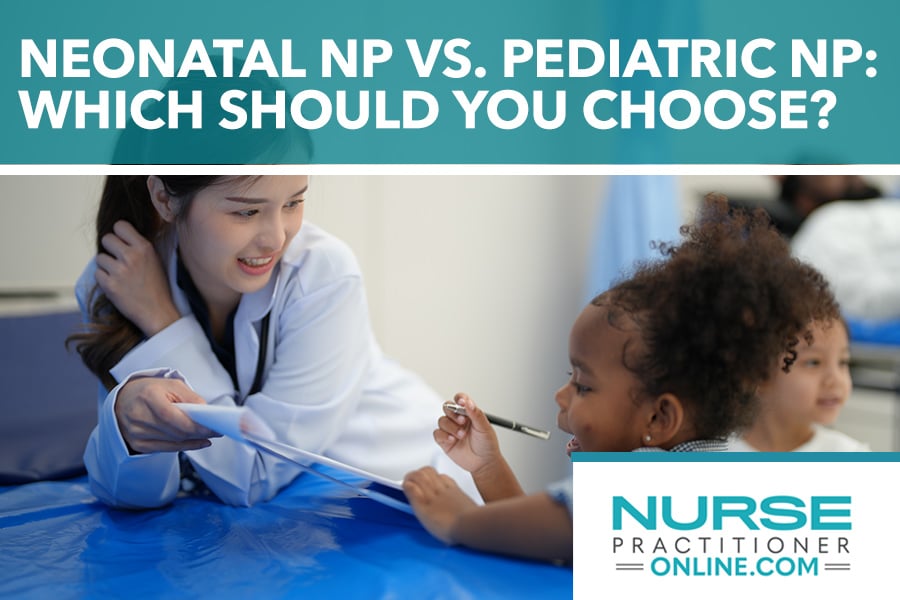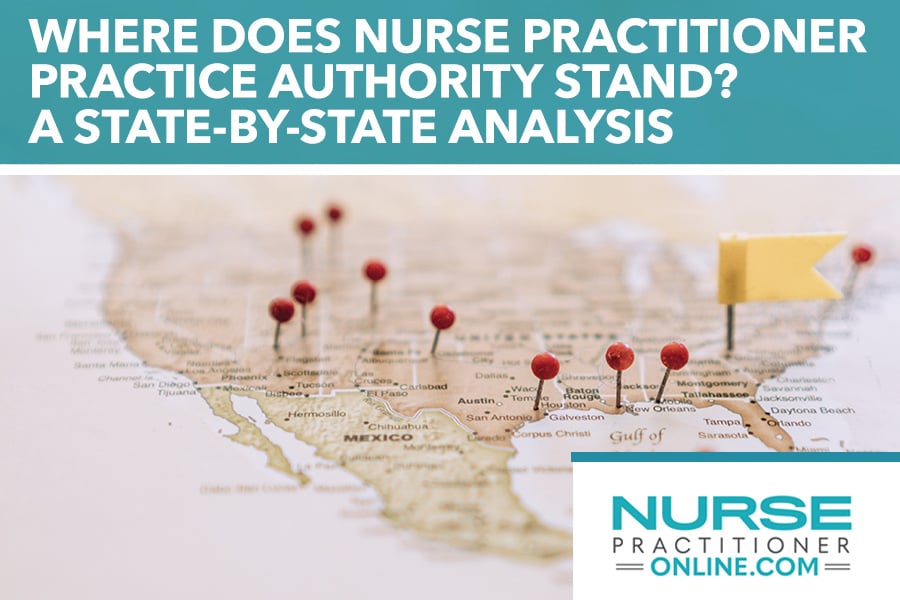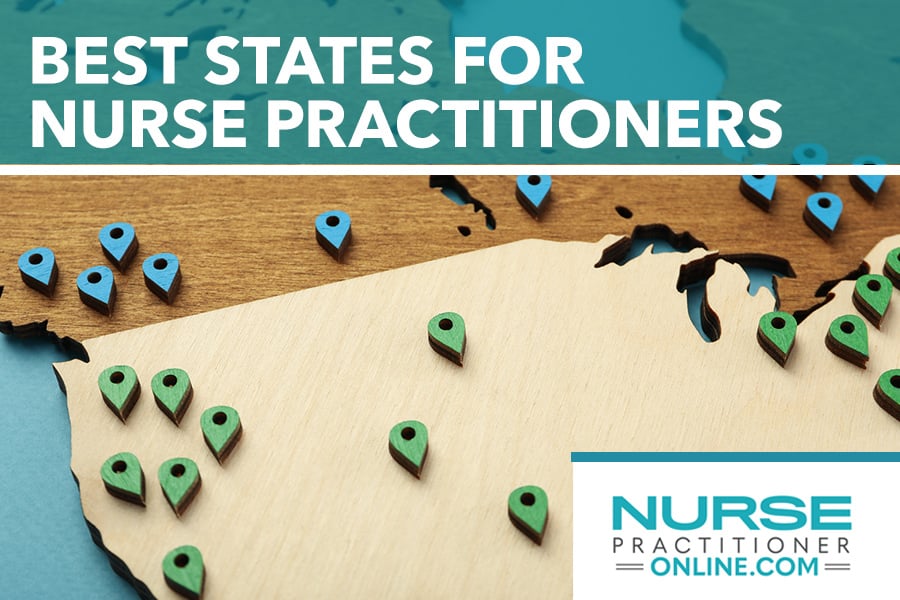Choosing between acute care and primary care specialization represents one of the most consequential decisions aspiring nurse practitioners face during their educational journey. This choice not only shapes your graduate education experience but also defines your future practice settings, patient populations, and clinical approach throughout your career.
As the healthcare landscape evolves, both acute care and primary care nurse practitioners play increasingly vital roles in ensuring quality patient outcomes. However, these roles differ significantly in scope, setting, patient interactions, and daily responsibilities. This comprehensive guide examines the key differences between these educational pathways to help you make an informed decision aligned with your career goals and clinical interests.
Understanding the Fundamental Differences
Before diving into specific specialties, let’s clarify the essential distinctions between acute care and primary care nurse practitioner roles:
Primary Care NP Focus
- Patient Relationships: Ongoing, continuous care relationships
- Care Duration: Longitudinal care across the lifespan
- Clinical Emphasis: Prevention, health maintenance, chronic disease management
- Decision Timeline: Generally less time-sensitive decision-making
- Practice Settings: Outpatient clinics, private practices, community health centers
- Patient Stability: Typically stable patients with manageable conditions
Acute Care NP Focus
- Patient Relationships: Episodic, intensive care interactions
- Care Duration: Short-term, focused on specific acute episodes
- Clinical Emphasis: Complex condition management, physiologic instability
- Decision Timeline: Rapid assessment and intervention often required
- Practice Settings: Hospitals, emergency departments, intensive care units
- Patient Stability: Often unstable patients with critical or complex needs
Comparing Educational Pathways
Both acute care and primary care nurse practitioner programs typically require:
- BSN degree (or equivalent entry pathway)
- RN licensure
- Clinical experience (varies by program)
- Graduate-level NP education (MSN or DNP)
However, significant differences exist in curriculum focus and clinical training:
| Aspect | Primary Care NP Programs | Acute Care NP Programs |
| Typical Program Length | 2-3 years (MSN), 3-4 years (DNP) | 2-3 years (MSN), 3-4 years (DNP) |
| Clinical Hours Required | 500-700 hours | 500-700 hours |
| Core Curriculum Focus | Preventive care, chronic disease management, health promotion | Complex physiological monitoring, advanced interventions, critical care |
| Pharmacology Emphasis | Outpatient medication management, long-term therapies | Acute pharmacological interventions, complex medication interactions |
| Diagnostic Training | Focus on common conditions and early disease detection | Focus on acute condition assessment and critical diagnostic skills |
| Procedural Training | Limited procedural focus (basic procedures) | Extensive procedural training for acute interventions |
| Certification Exams | AANP or ANCC certification in primary care | AACN (AG-ACNP), PNCB (Acute Care PNP) |
Specialties by Care Setting: Which Path Aligns with Your Goals?
Nurse practitioner specialties generally fall into either acute or primary care domains, though some roles bridge both worlds. Understanding these distinctions can help clarify your educational path:
Primary Care NP Specialties
Family Nurse Practitioner (FNP)
- Patients across the lifespan (infants to older adults)
- Comprehensive primary care services
- Versatile employment options
- Certification: AANP or ANCC
Adult-Gerontology Primary Care NP (AGPCNP)
- Focus on adolescent through older adult patients
- Emphasis on adult health management
- Strong chronic disease management component
- Certification: AANP or ANCC
- Reproductive and gynecological health focus
- Preventive care and health maintenance for women
- OB/GYN practices, family planning, women’s health centers
- Certification: NCC
Acute Care NP Specialties
- Management of acutely ill patients across the lifespan
- Hospital-based care, often in specialized units
- Complex, unstable patient populations
- Certification: AACN
Pediatric Acute Care NP (PACNP)
- Acutely ill or injured children
- Pediatric ICU, specialty units, emergency departments
- Highly specialized pediatric interventions
- Certification: PNCB
Neonatal Nurse Practitioner (NNP)
- Acute care focus on newborns, particularly high-risk infants
- NICU-based practice
- Highly specialized neonatal interventions
- Certification: NCC
Dual-Focus Specialties
Some specialties may bridge both acute and primary care settings, requiring careful consideration of certification paths:
Psychiatric-Mental Health NP (PMHNP)
- Both outpatient management and acute psychiatric interventions
- Single certification pathway covers both settings
- Certification: ANCC
Emergency Nurse Practitioner (ENP)
- Often requires dual FNP and acute care certification
- Bridges emergency stabilization and follow-up care
- Certification: AANP (FNP) plus specialty certification
Key Factors to Consider When Choosing Your Path
When deciding between acute and primary care specialization, reflect on these important considerations:
1. Practice Setting Preferences
- Do you thrive in fast-paced, high-intensity environments (acute care)?
- Do you prefer building long-term relationships with patients (primary care)?
- What healthcare settings most appeal to you professionally?
2. Clinical Interests and Strengths
- Are you drawn to managing complex, unstable patient conditions?
- Do you enjoy health promotion and disease prevention?
- Do you prefer focused, episodic care or continuous health management?
3. Work-Life Balance Considerations
- Acute care often involves shift work, nights, weekends, and holidays
- Primary care typically offers more predictable scheduling
- Consider how schedule preferences align with personal commitments
4. Future Career Flexibility
- Primary care certification offers broader employment opportunities
- Acute care expertise is more specialized but potentially more limited in scope
- Some roles require dual certification for maximum flexibility
5. Geographical Practice Restrictions
- State regulatory differences may affect scope of practice – learn more about NP practice authority
- Some states restrict acute care NPs from practicing in primary care settings
- Research your state’s nurse practice act for specific limitations
Can You Change Specialties Later?
While possible, transitioning between acute and primary care after initial certification typically requires:
- Additional graduate education in the new specialty – such as an NP post-master’s certificate
- New clinical hour requirements
- Additional certification exams
- Potential practice restrictions without proper credentials
This underscores the importance of making a well-informed initial choice, though career evolution remains possible with additional education.
Making Your Decision
Both acute care and primary care nurse practitioner roles offer rewarding career paths with strong growth potential and meaningful patient impact. The “right” choice depends entirely on your professional interests, personal preferences, and career aspirations.
Take time to:
- Shadow NPs in both primary and acute care settings
- Speak with faculty about curriculum differences
- Consider your long-term career vision
- Reflect on your clinical strengths and preferences
By carefully evaluating these factors alongside your personal and professional goals, you can select the nurse practitioner educational pathway that will provide the greatest satisfaction and impact throughout your career. Remember that while this decision is significant, your nursing journey will continue to evolve as you grow professionally, regardless of which specialization you initially pursue.










